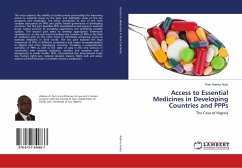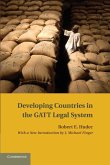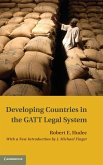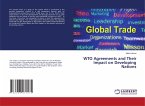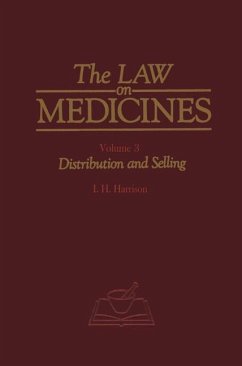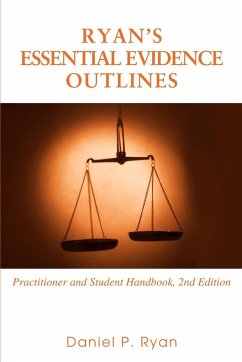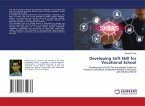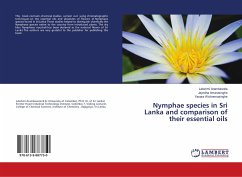This note explores the viability of public-private partnerships for improving access to essential drugs to the poor and highlights some of the key prospects and challenges. The book contributes to one of the most complex discussions on PPPs and public health governance in developing countries. The first part describes PPPs constellations and access to essential drugs, taking account of prevailing experiences and proffering possible options. The second part seeks to develop appropriate framework conditions to, on the one hand incentivize the creation of PPPs in the field of medicines and on the other hand to effectively enhancing access to essential medicines in third world. The last part explores the legal framework of PPPs in different jurisdictions and makes recommendations to Nigeria and other developing countries. Providing a comprehensive overview of PPPs as well as the state of play in the 21st century in connection with essential medicines, scholars and students with a background in public health, PPPs, international law, international trade law, human rights law, national decision makers, NGOs and and policy makers will find this book a veritable resource companion.

